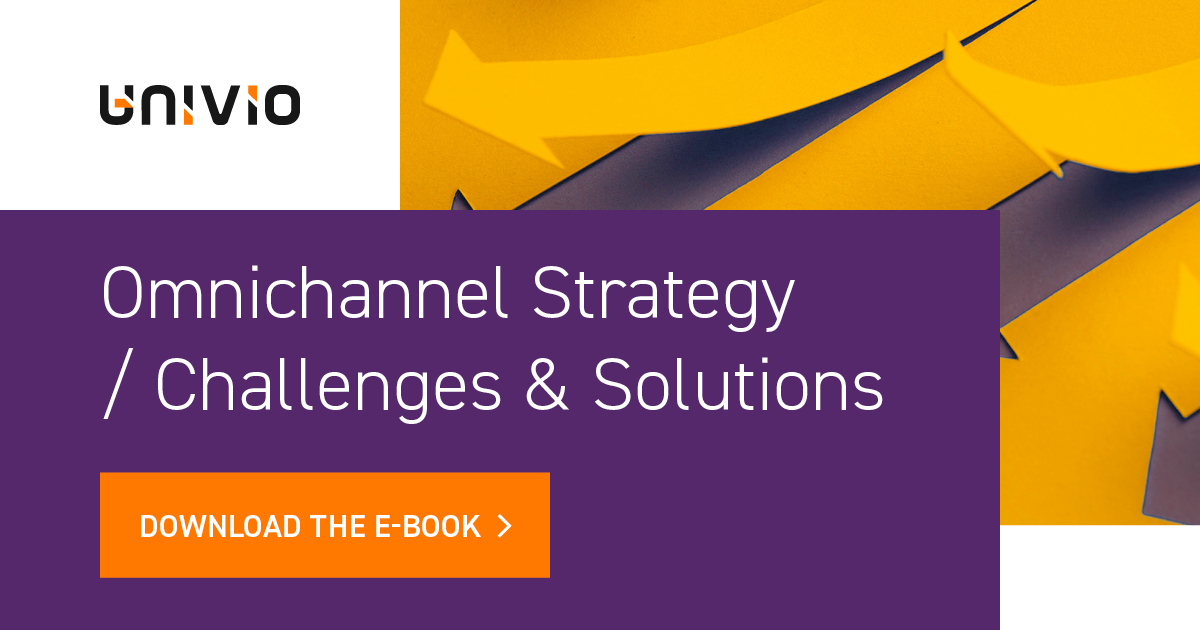Talend – Capabilities of the Solution and Licensing Model
For many years, Talend has been recognized as one of the leaders of Data Integration. We have decided to look into the solutions it offers and present to you:
- Key facts about this software vendor.
- Description of the most important functionalities and products it offers.
- Features offered by the solution.
Talend is a middleware software provider originating from France and based in the United States. Its current employment exceeds 600 people and its offer, in addition to paid licenses, also includes open-source versions.
What is Talend‘s view on integration?
Talend products enable communication between different resources (applications, services, databases, etc.). As with other providers, communication can be based on Enterprise Service Bus (ESB) or ETL (Extract, Transform & Load) processes. However, the unique feature of this provider is its specific approach to the planning and implementation of integrations via “data orientation”. Talend positions its products as supporting organizations in being data-driven, but what does this concept mean? Data-driven organizations make decisions on the basis of reliable and solid information (data) and not on the basis of gut feeling or the experience of decision-makers. Thus, the software provided by Talend is intended to provide proper quality data (even though it is pulled from many different systems), as well as the implementation of data management processes in the organization (Data Governance).
Talend products and their application
Talend’s product portfolio is broken down into two groups – paid and free. Open-source solutions are basic versions, while commercial products contain additional functionalities and tools, or they are a compilation of several basic modules. However, before deciding to go for a licensed version, it is worthwhile to discover the possibilities available under a community version:
- Talend Data Integration – a basic product enabling integration based on ETL processes, using mostly dedicated connectors;
- Talend Big Data – offers the ability to implement ETL / ELT processes in big data environments (in addition to free connectors to Hadoop in the paid version, as well as Spark, MapReduce and the ability to implement processes in real time);
- Talend Data Preparation – data preparation tool for business users with no technical knowledge;
- Talend Data Quality – data profiling tool (for analyses determining the degree of correctness of data or emerging data quality issues);
- Talend ESB – data bus based on Apache ServiceMix for publishing services and implementing routing, orchestration and transformation processes;
- Talend MDM – a Master Data Management tool that allows you to unify information across systems within the organization.
Talend software features
As a provider focused on data integration, Talend invests in the development of this area. These investments translate into the level of competitiveness of Talend’s software and are reflected in the following characteristics:
- more than 900 dedicated connectors (databases, file servers, dedicated ERP, CRM systems, etc.);
- fast implementation of integration and easy to learn flow design;
- metadata repository for efficient management of connections and schemas;
- possibility of evolutionary inclusion of new business users in the process of provision of proper quality data;
- efficient community version, enabling defined solutions for atypical problems, even when using the open-source version.
In summary…
If you are looking for software that will allow you to effectively synchronize and use your data – Talend is definitely an option to consider. However, if you are looking for a comprehensive solution, you need to remember that standard integration products, such as data buses, are not the core business of this vendor.
If you have made your decision and want to start your adventure with Talend software, follow these two simple steps:
1. Download the selected product from talend.com
2. Using the available tutorials and the online knowledge base, start implementing simple integration flows.
Sometimes, educational materials may turn out to be insufficient for the needs and integration challenges your organization may be facing. It may also happen that, during the implementation of new changes, you may need to upgrade from Community to Enterprise version. In that case, use the help of experts who have the skills and experience with the software. The forms of cooperation in such projects are usually adapted to customers’ needs – from workshop-based support through team leasing to full outsourcing of integration.







